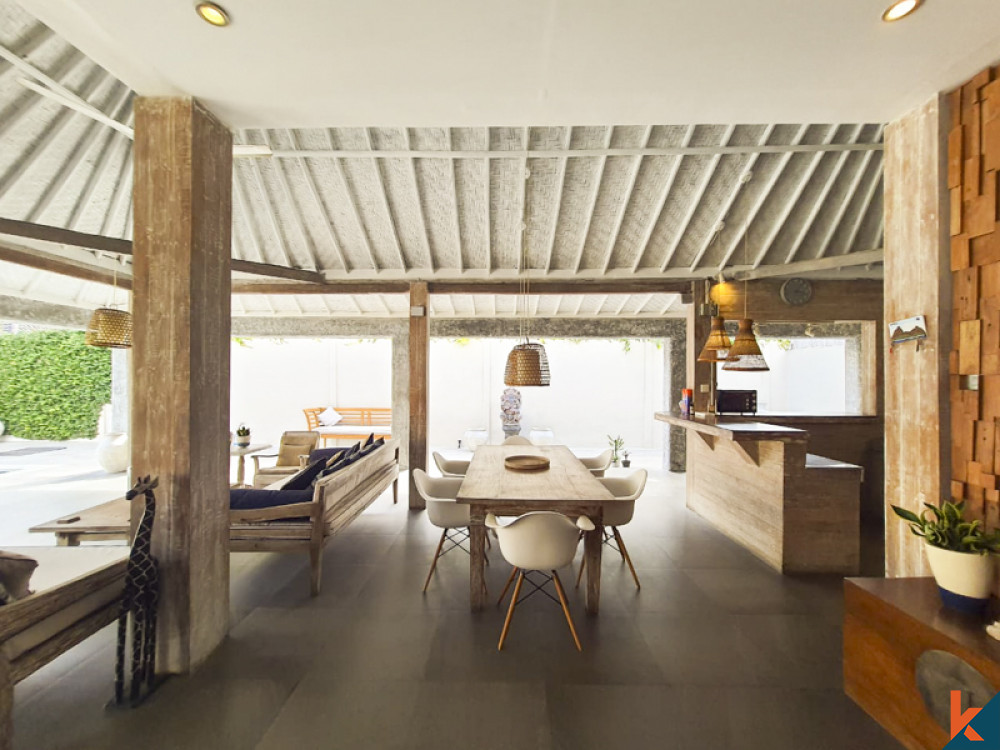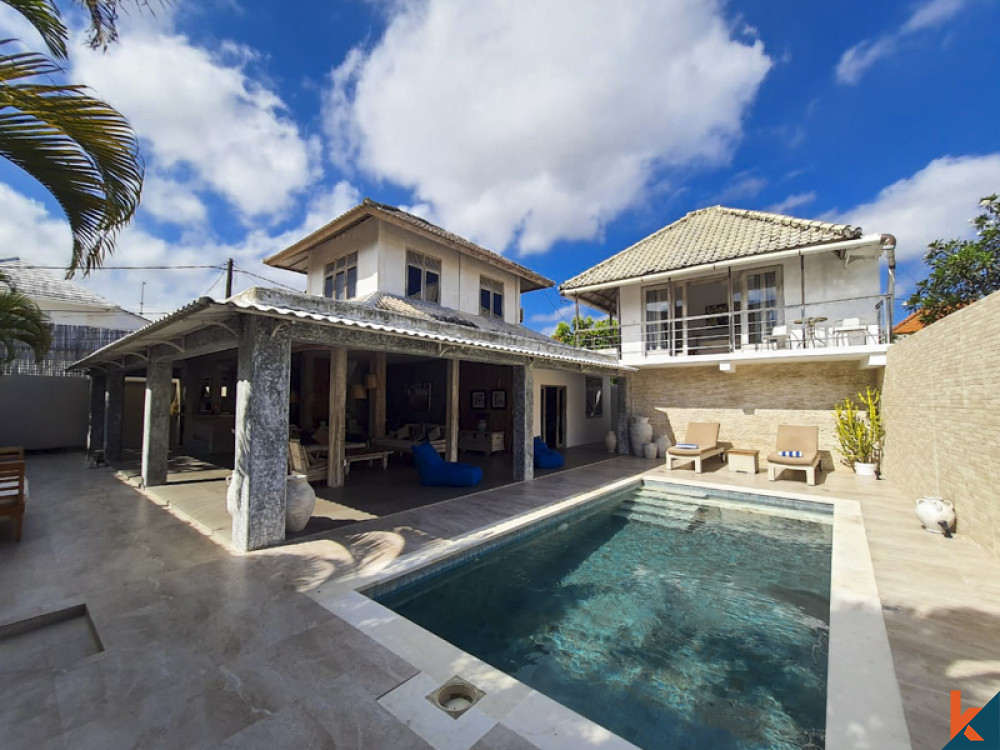For years, Bali has captivated globetrotters with its pristine beaches, lush landscapes, and unique culture. Recently, the island has undergone a transformative wave led by the emergence of luxury villas. These opulent accommodations have skyrocketed Bali into the high-end tourism stratosphere, simultaneously igniting ethical debates about gentrification.
Economic Boom or Cultural Erosion?
The economic repercussions are immediate when luxury villas sprout like exotic flowers in Bali’s fertile soil. From construction workers to local shop owners, everyone seems to profit. Yet, this new economic boom casts a long shadow. What happens to the centuries-old traditions, the communal rituals, and the indigenous way of life? The point of contention isn’t just about rising affluence; it’s about who pays the price for it in terms of cultural erosion.
The Expensive Side of Paradise
You might argue that an upswing in property value is a boon for the island. But let’s dig deeper. Luxury villas in Bali often fetch hundreds or even thousands of dollars per night, exponentially driving up local living costs. For native residents, especially those without a stake in the tourism sector, this economic upheaval can be destabilizing. The locals find themselves in a situation where they can no longer afford to live in their own paradise.
The proliferation of luxury accommodations is like a double-edged sword. On the one hand, the increased security that surrounds these estates offers a veneer of safety. On the other hand, gated communities and high walls symbolize an unintended but palpable division. Such physical barriers can estrange communities, deepening the divide between the haves and the have-nots.
Sustainable Development: A Middle Ground
Sustainable development can act as a vital mediator in this ethical tug-of-war. Imagine luxury villas built with eco-friendly materials, staffed by local employees and operated under ethical guidelines. This kind of conscientious development safeguards both the environment and the local culture. By investing in sustainable practices, villa owners can demonstrate a commitment to the community’s long-term well-being rather than just short-term financial gains.
So far, regulations concerning luxury accommodations in Bali have been somewhat lax, thereby perpetuating unchecked growth. Implementing strict zoning laws and setting aside protected cultural zones could offer a solution. These measures would ensure that economic benefits don’t come at the expense of eroding cultural heritage.

The Power of Responsible Tourism
Finally, it’s not just the onus of the villa developers to act responsibly; tourists have an equally significant role to play. Tourism is often viewed as a passive activity where travelers simply soak up local culture. However, it’s crucial to recognize that tourists actively participate in shaping the socio-economic fabric of their destination. The choices they make—from where to stay to where to eat—can either perpetuate or alleviate the issues of gentrification. When tourists opt for more responsible travel practices, it can ease some of the tensions that arise from the uncontrolled spread of luxury accommodations.
By adopting a more ethical approach to travel, tourists can contribute to a more harmonious co-existence between the villas and the local community. Patronizing local businesses, for example, injects money directly into the community, providing a counterbalance to the rising costs of gentrification.
As we move forward, it’s imperative to remember that what makes Bali truly special is its unique blend of natural beauty and rich cultural heritage. While luxury villas contribute to the island’s modernization, they should not be allowed to overshadow what makes Bali, Bali. Economic development should complement, not compromise, the island’s inherent values.
By embracing sustainable development and ethical tourism, Bali can continue to be a paradise for all, not just for those who can afford a luxury villa. It’s about striking the right balance between modernity and tradition so the island’s charm remains unspoiled for future generations.
